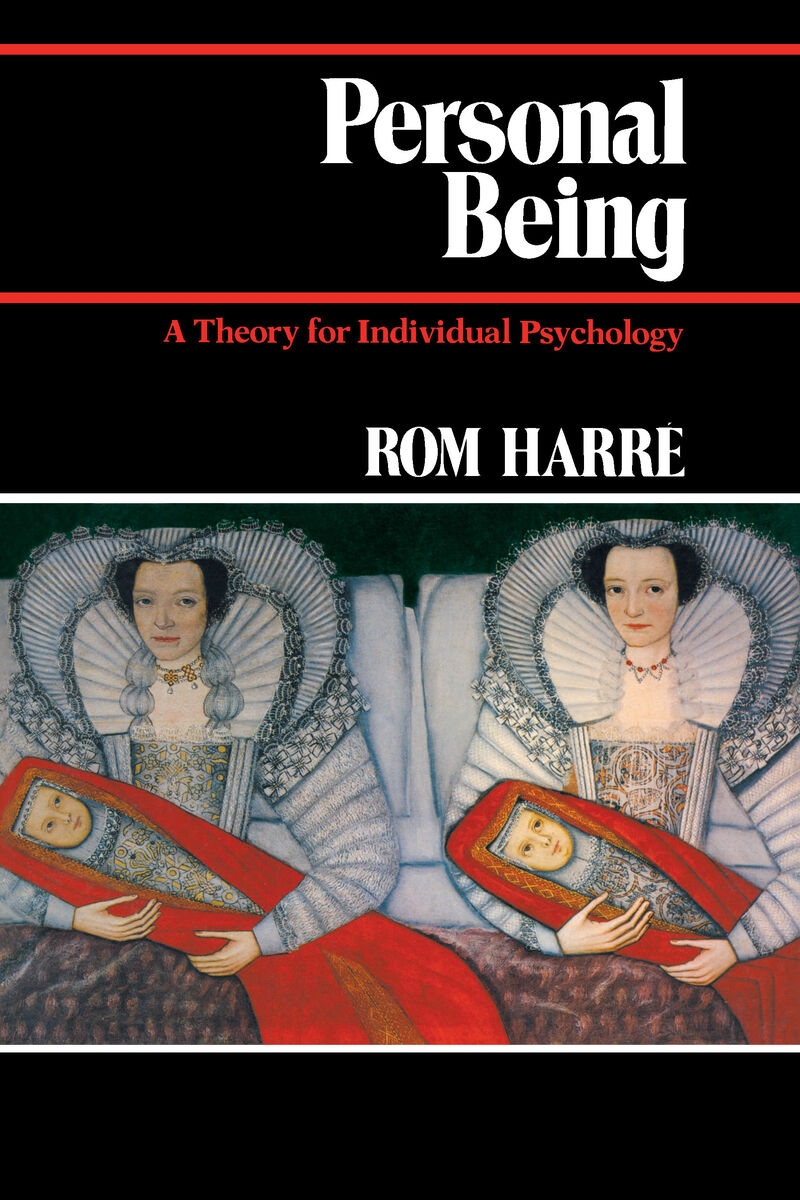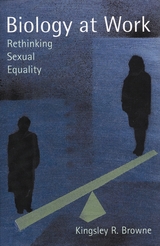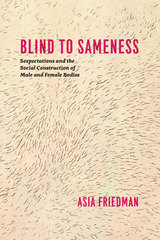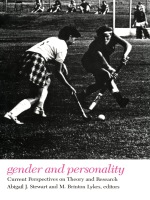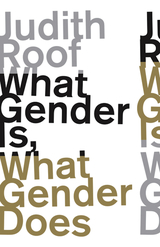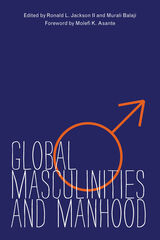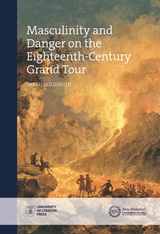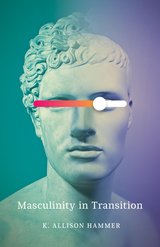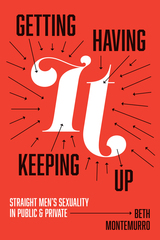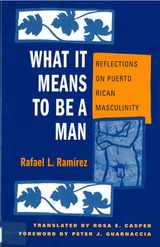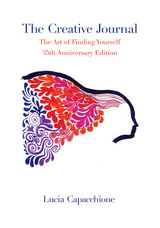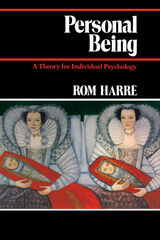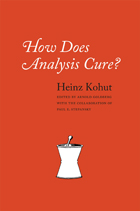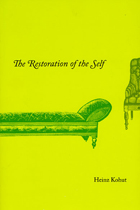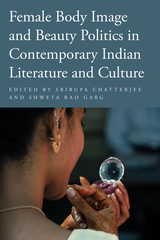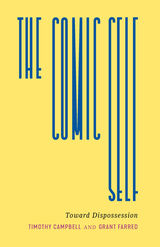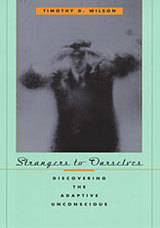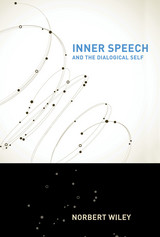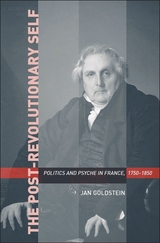Cloth: 978-0-674-66313-8 | Paper: 978-0-674-66314-5
Library of Congress Classification BF697.H374 1984
Dewey Decimal Classification 155.2
The undoubted fact of human individuality has remained outside the field of interest of scientific psychology. Neither the central organization of consciousness nor individual powers of action have been dealt with in substantial research programmes. Yet every facet of our mental lives is influenced by how our minds are organized. How much of this organization comes from the languages and social practices of the cultures into which we are born is undetermined.
In this book, Rom Harré explores the radical thesis that most of our personal being may be of social origin. Consciousness, agency and autobiography are the three unities which make up our personal being. Their origin in childhood development and their differences in different cultures are explored.
Nevertheless, despite the overwhelming influence of social environment on mental structure, individual identity is a central facet of Western culture. How is the formation of such identity possible? Rom Harré ends with the suggestion that personal identity derives from the complementary powers of human beings both to display themselves socially as unique and to create novel linguistic forms making individual thought and feeling possible.
See other books on: Identity (Psychology) | Individuality | Psychology | Self
See other titles from Harvard University Press
